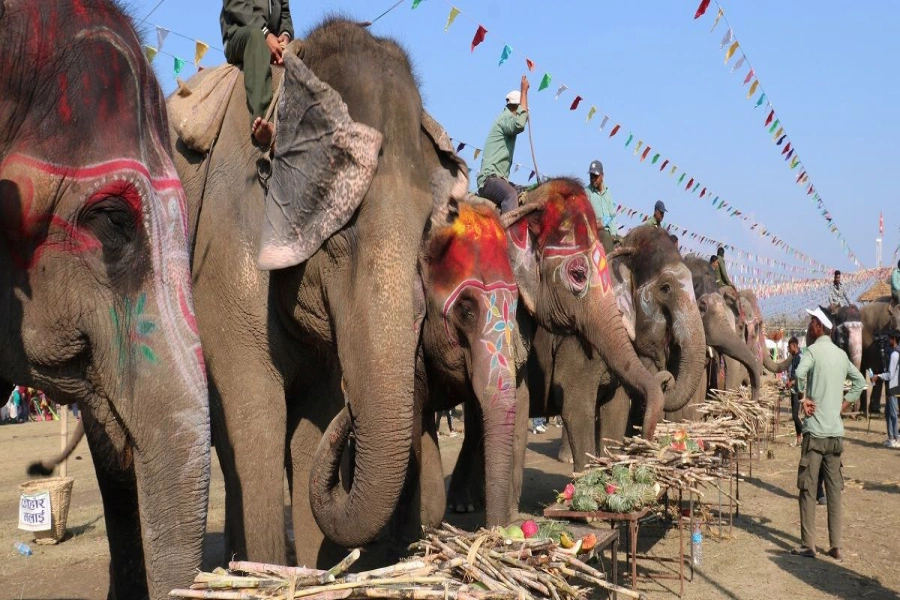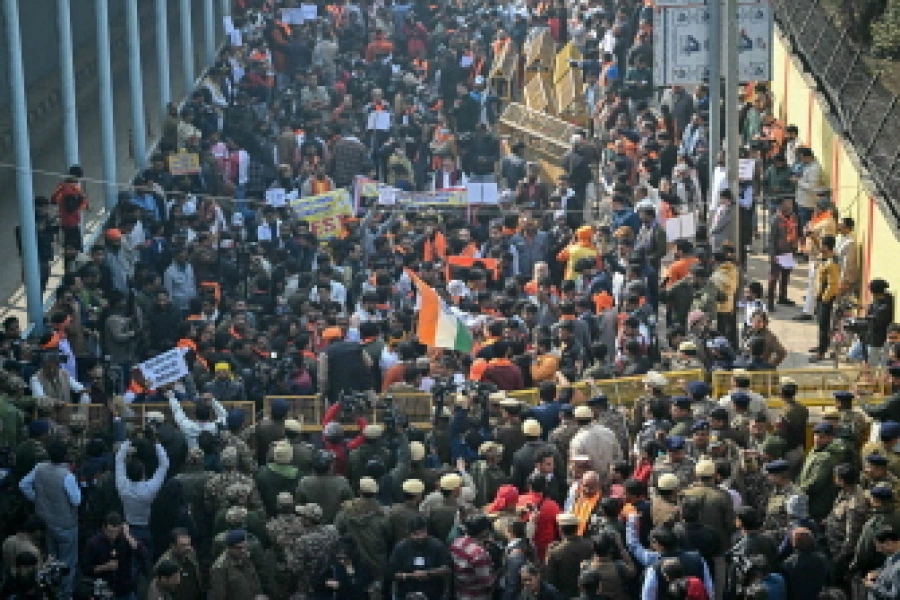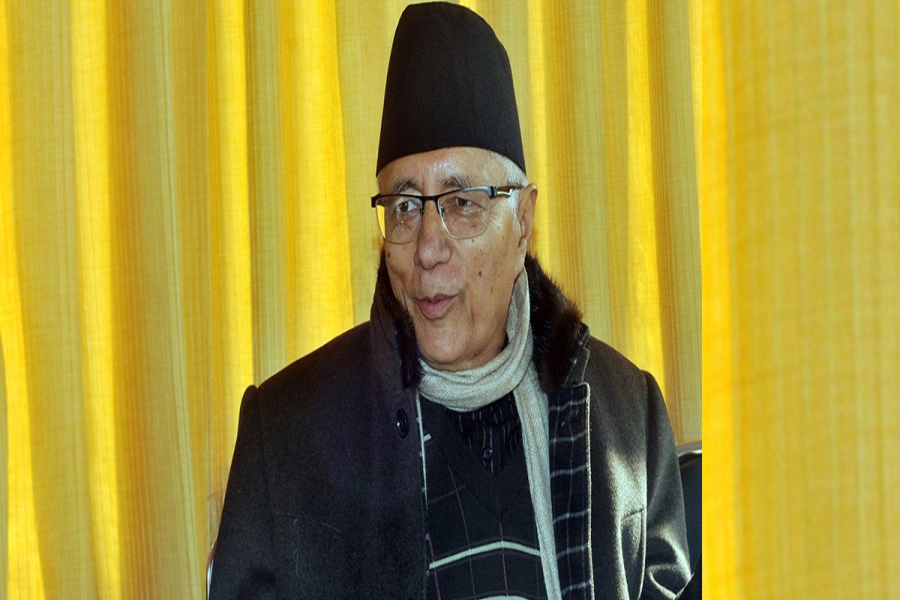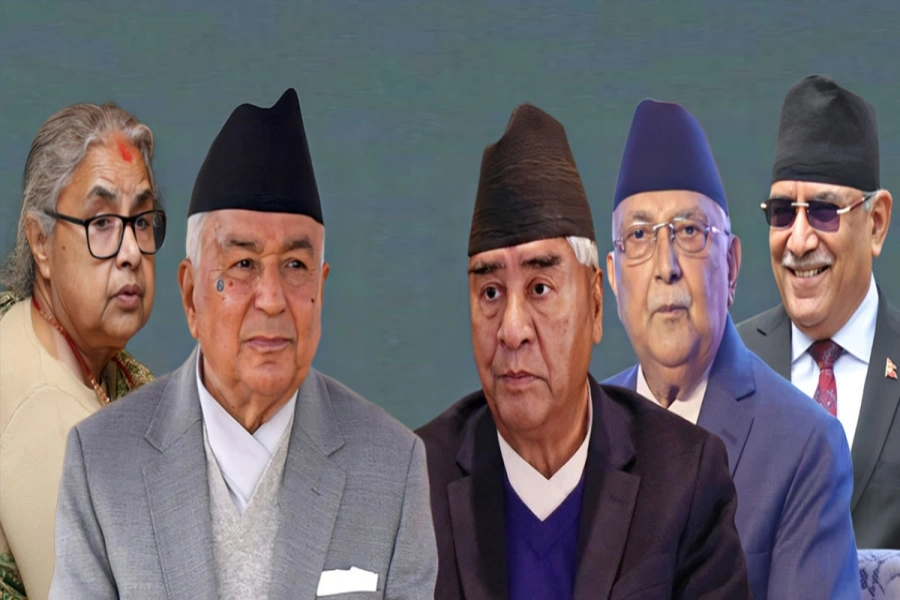If guided by experts and supported by the government, community mobilization could be a better approach to dengue control in Nepal
Over the past few months, dengue outbreak has been of concern in many districts of Nepal. More than 4,500 people have been infected with dengue virus till the end of August. Deaths are being reported. People are starting to panic, as authorities appear helpless in controlling the outbreak. The outbreak in Kathmandu is likely to get worse, as the city is densely populated and unorganized.
Containing the spread of dengue is the first and most important responsibility of all state agencies. As of now, no specific antiviral drug or effective vaccine is available to treat dengue. Therefore, the best approach of its containment is mosquito control. Many developed countries like the USA and Australia are effectively containing mosquito populations using chemical (insecticides) and biological (eg Wolbachia, a bacterial species capable of infecting dengue mosquito and preventing dengue virus from surviving) methods of vector control. However, these are still not researched well enough to exterminate mosquito population completely. Although insecticides have been used to control mosquitoes in many places of the world, there is no wide-range and consistent application of this in Nepal, largely because of lack of planned intervention. Improper town planning and clustered housings of major cities of Nepal lessen the effectiveness of insecticide. Even the approaches taken have been questionable at best. Wolbachia might be a better and safer option in Nepal. However, this is still a fairly new approach, and too early for use in dengue mosquitoes for Nepal. Therefore, basic preventing measures should still be prioritized for prevention of dengue in Nepal.
Govt issues Inland Revenue Mobilization Strategy for tax system...

Mobilize the community
A key approach for dengue control might be the mobilization of community members guided by experts and supported by the government. This is the approach that actively engages the community. Community is at the center of Nepali culture. This is perhaps best exemplified by the old saying/belief Marda-Parda ka Chhimeki, which means “neighbors are for always, during joy and also sorrow.” Here, the approach could start with collective efforts to destroy mosquito breeding sites, thereby larva and adults, with an engagement of government and non-government organizations, social clubs, media, film industry, schools and universities. The key to dengue and other mosquito borne diseases control is to control mosquito breeding. The initiative thus should begin with government developing a core-team of experts and mobilizing each to different dengue outbreak regions, where they can liaise with community leaders and social workers, and train or support the community in its assuming of responsibility of mosquito control for the intervention of dengue burden. At the household level, experts can train public to identify mosquito larvae and pupae and their destroying techniques: either using hot water or kerosene or bleach among other easy to use remedies.
Several clubs, such as Rotaract, Lion, Leo, and Jaycees in Nepal have youth-focused branches where elementary and secondary school youths take an active role in community activities. Educating and mobilizing this group can greatly improve public health outcomes. They can organize various awareness programs that educate public on dengue, its transmission, mosquito behaviors and their breeding sites. Leaflets, posters, games, graffiti and t-shirts showing information on dengue symptoms and mosquito control can be effective materials. Furthermore, educating households through children, mostly those in elementary and high school, is considered a good approach in any awareness activities. Children learn quickly and they can also teach their parents or guardians, especially if guardians are not as educated as the children. At the neighborhood level, one neighbor can act as both a trainer and evaluator to another, with a motto of “neighbor helping neighbor”, for an effective mosquito control. The basic theme here might be “unless your neighbors eliminate their mosquitoes, eliminating your own mosquitoes alone couldn’t make a significant impact on disease control.”
Media is an effective channel for delivering messages, encouraging public or calming the public in cases such as disease outbreaks. Furthermore, social media such as Facebook and Twitter tend to have a better outreach to younger population and if used wisely, they could help offset the negative and confused mindset regarding disease prevention and control. A campaign such as “kill mosquitoes, save humans” could be initiated from community level engaging everyone in that community. For instance, activities could be related to fumigation, removal of discarded tires, bottles and cans, and covering water reservoirs around houses. This initiative could be promoted via social media as well as mainstream media so that more people around the country can learn and implement the same in their communities as well.
Thus, community efforts, if conjoined with the use of existing control means such as chemical larvicides and/or insecticide spraying, could certainly be an effective dengue control approach. We make a sincere call through this article to all concerned bodies to initiate, adopt and encourage a community-led approach for this. We believe that this type of multi-approach vector control program would be sustainable and cost-effective in Nepali community to combat the dengue burden. Let’s fight against mosquitoes today. It might be too late tomorrow.
Narayan Gyawali (PhD) is a Research Officer at QIMR Berghofer Medical Research Institute, Australia. Sameer Mani Dixit (PhD) is Director of Research at Center for Molecular Dynamics Nepal






































